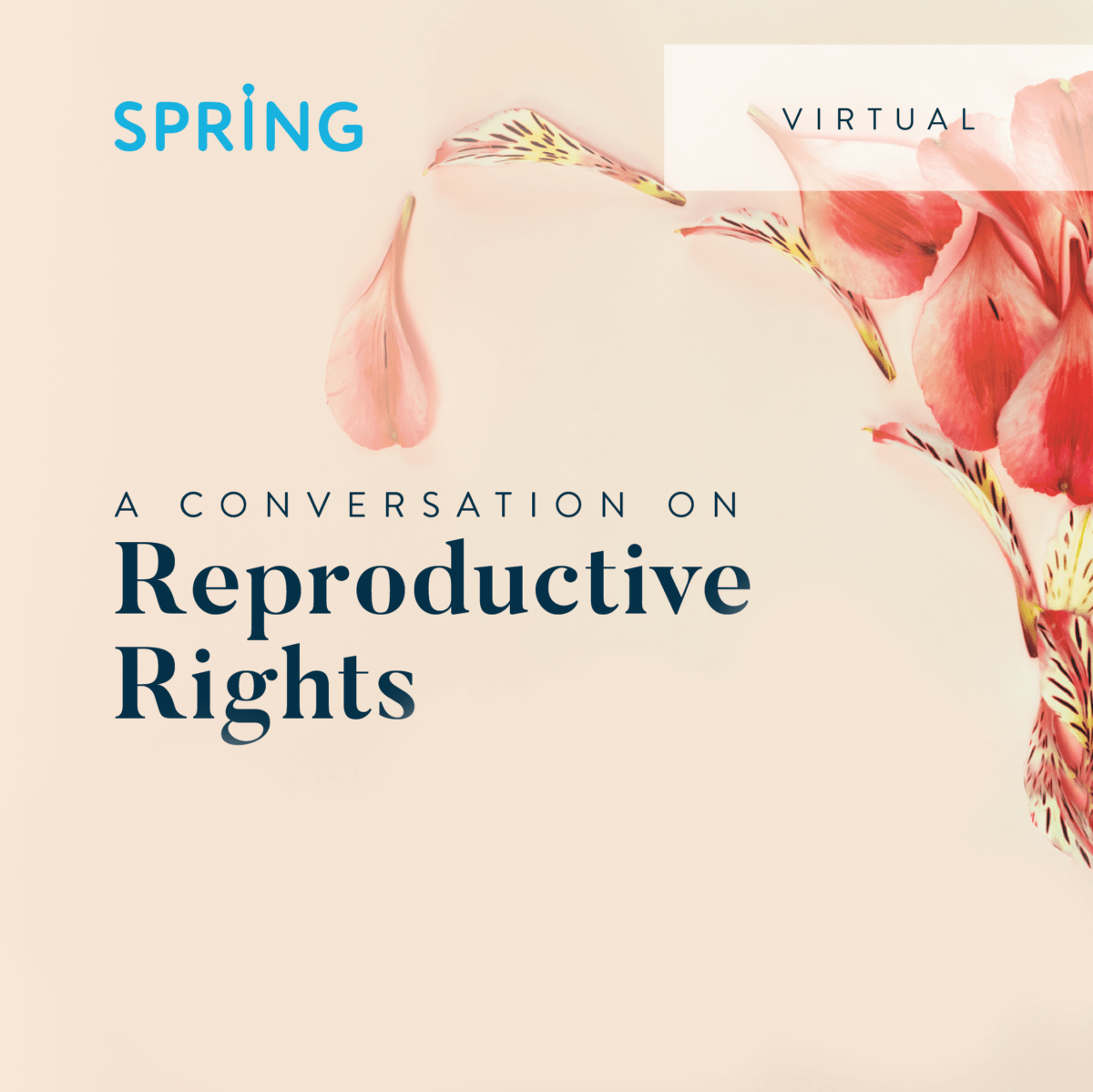How Overturning Roe Impacts Fertility Care - Part I

In the wake of the Supreme Court’s decision to overturn Roe v Wade, we had the privilege of hosting two virtual panel discussions to answer many of our community’s pressing questions about how this decision impacts fertility patients across the country. We’re grateful for these powerful conversations and the incredible engagement we’ve seen from this community.
In our first panel discussion, hosted on July 6th, 2022 we were fortunate to have three of our amazing Spring providers, Dr. Monica Pasternak, Dr. Temeka Zore and Dr. Catha Fischer on a live panel answering community submitted questions virtually on Zoom.
The full recording of this discussion can be found here with a Q+A recap below. *Please note that these answers reflect the best information we had at the time this discussion was hosted. Over time, this information can and will likely evolve.
How does the ruling to overturn Roe v Wade impact California and New York patients?
We have laws protecting us [in these two states]. The concern for IVF + fertility patients are primarily in those states that have enacted trigger laws either banning or making abortion illegal.
If I have an ectopic pregnancy, how will this be treated?
Medically speaking, an ectopic pregnancy is a pregnancy that has formed outside of the normal uterine cavity and is NOT compatible with life. If left untreated for a prolonged period of time, an ectopic pregnancy can become life threatening to the pregnant person. However, hospitals and pharmacies have become more concerned about providing necessary medical treatment for ectopic pregnancies for fear of retribution in states with trigger law bans.
*If you suspect or know you have an ectopic pregnancy you should discuss this with your OBGYN provider immediately. If you feel your care is being compromised in any way you should always consider another consult with a different provider.
If I miscarry, will I have to prove this happened naturally?
Again this depends entirely on the state you live in. In some states that ban abortion, you may have issues obtaining the medications or surgery required following a spontaneous miscarriage. We don’t know whether you’ll have to provide proof or not. However, we do know there are already challenging conversations happening in states with trigger laws enacted already.
I have embryos that were created with donor eggs and my partner’s sperm. Will I still be able to use them?
Currently, embryos are considered “property” in the majority of states. Given that embryos are considered “property” you are legally allowed to move those embryos to different states. We don’t have a ton of information to say what will happen in the future but at the moment this is the circumstance.
If I’ve adopted embryos, and still have one embryo in cryopreservation, but unable to attempt another transfer until January 2023, will the new ruling have any impact on our situation?
Most likely not – these embryos are considered your property. What we don’t know is the future impact to frozen embryos or abnormal embryos. Currently this appears to be something you’re protected on.
Does this impact frozen embryos? Or could it if further restrictions are made?
We do need to wait to see how this will continue to develop, but it will depend on the state’s varying definitions of “personhood.” If you consider a fertilized embryo a person – this could mean that this could impact the ability to dispose of an abnormal embryo. This could certainly have an impact. For people who are in states with trigger laws, we strongly encourage you speak with your fertility provider about genetic testing to maximize the chances of transferring a genetically viable embryo. “Personhood laws” starting at fertilization will be enacted in some states and these states will be more impacted given their definition of “personhood.” Your ability to seek an abortion for an abnormal pregnancy will become more limited.
